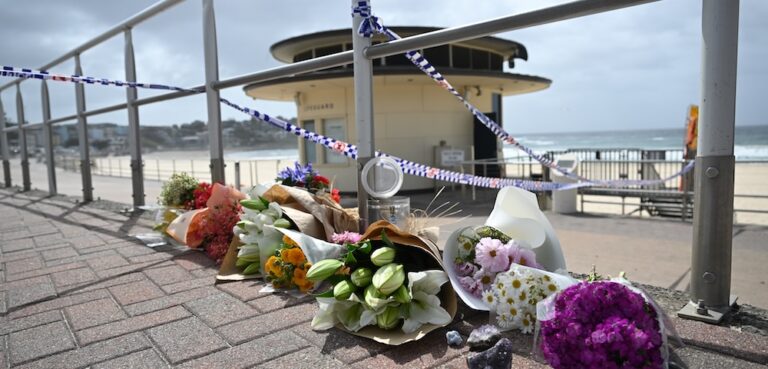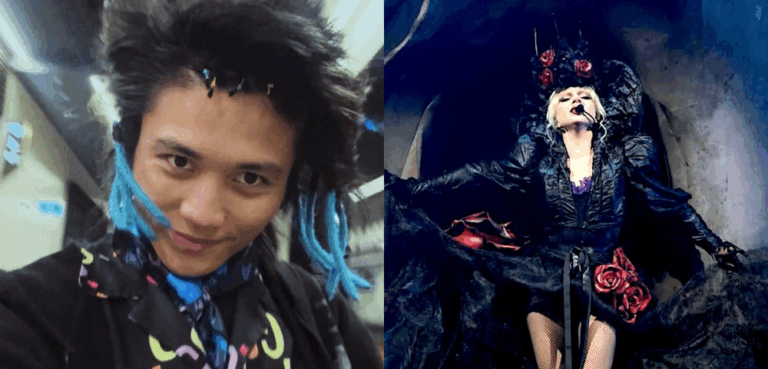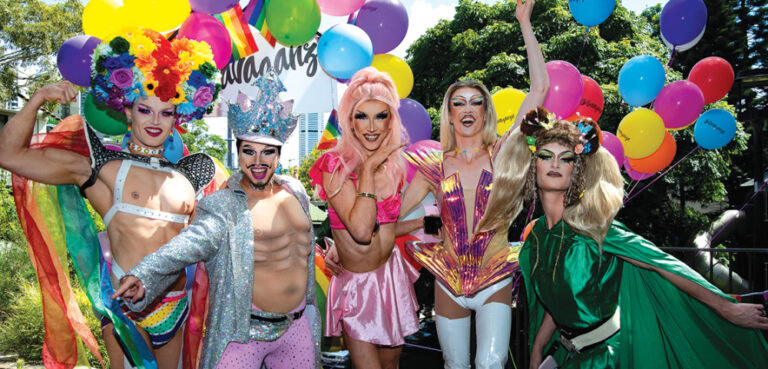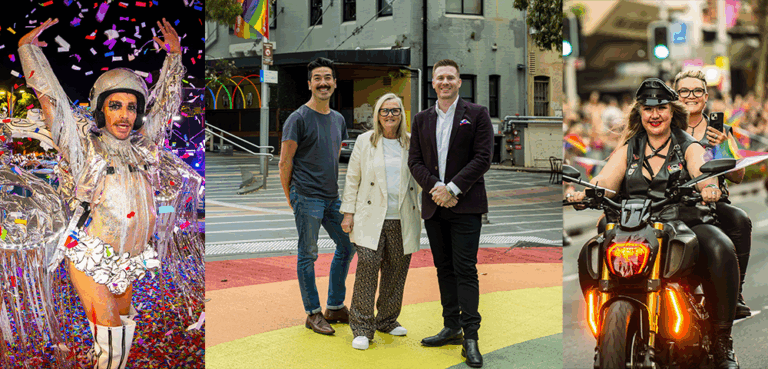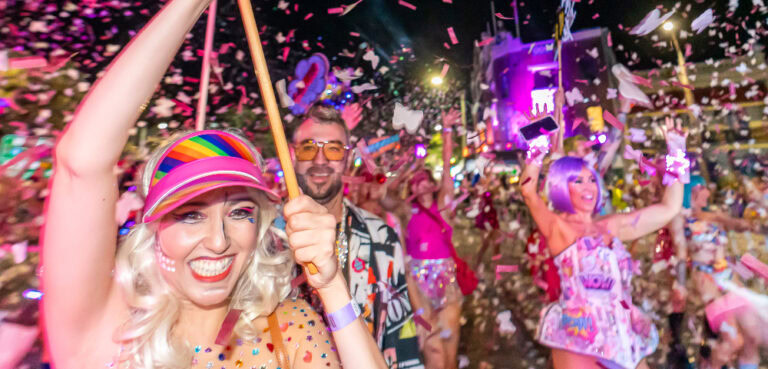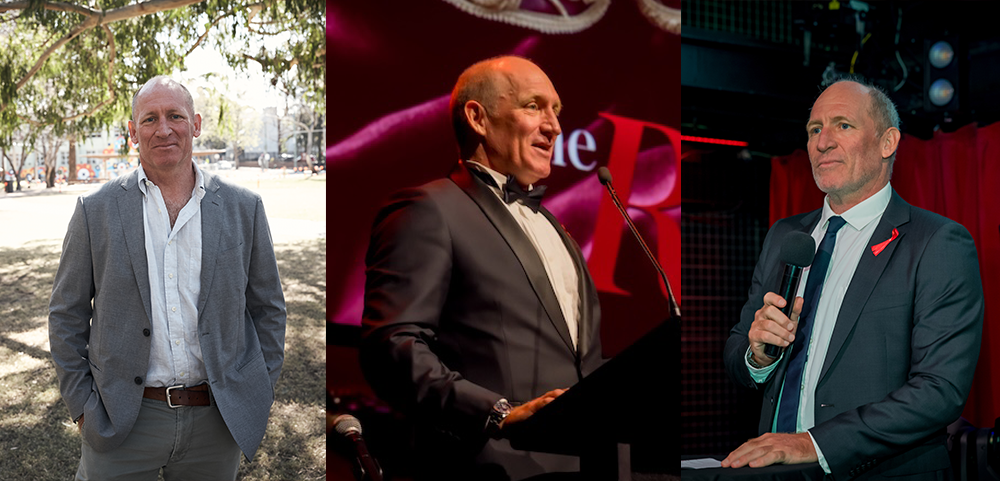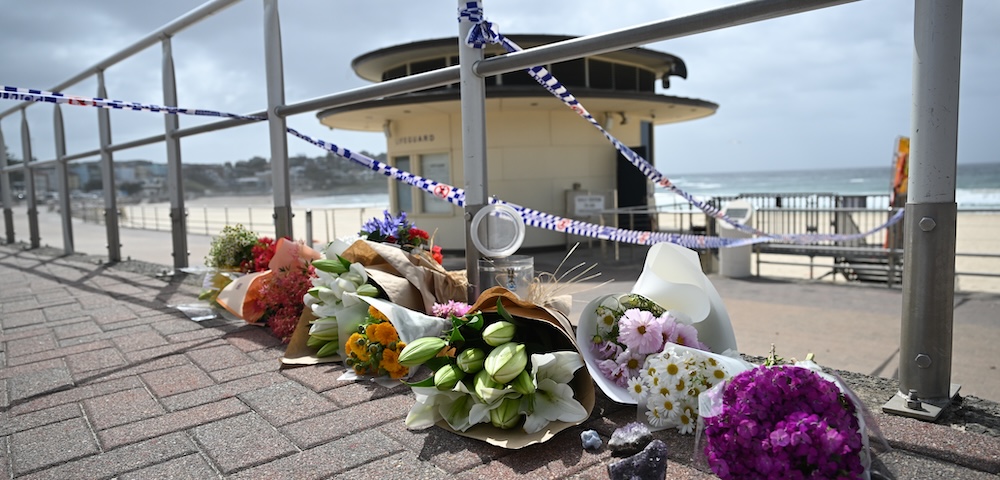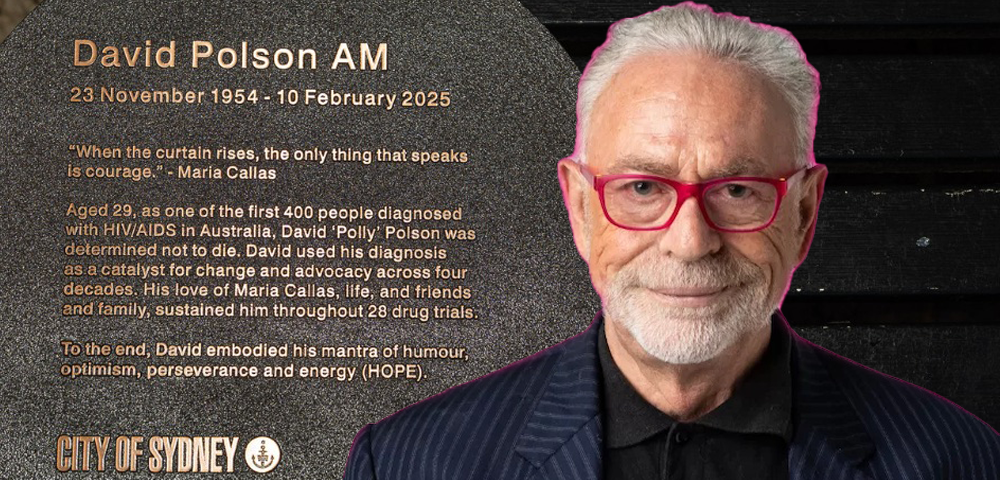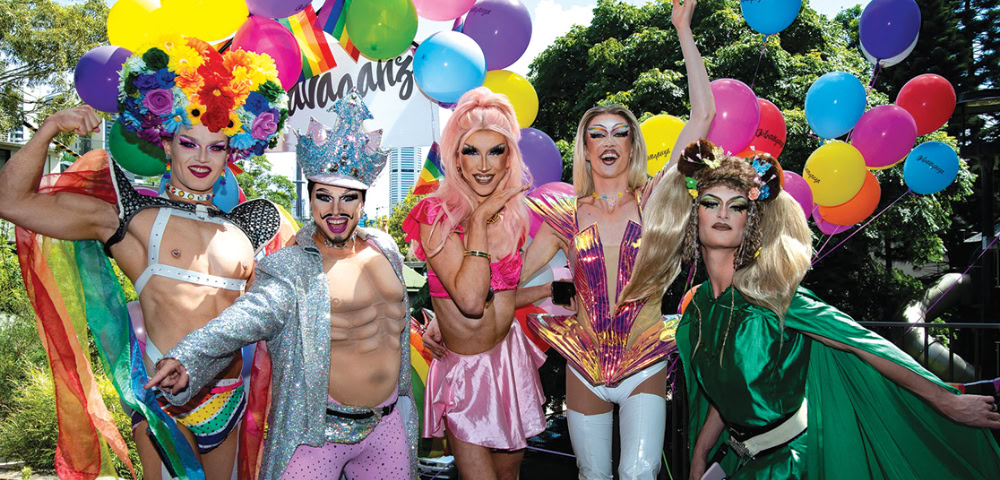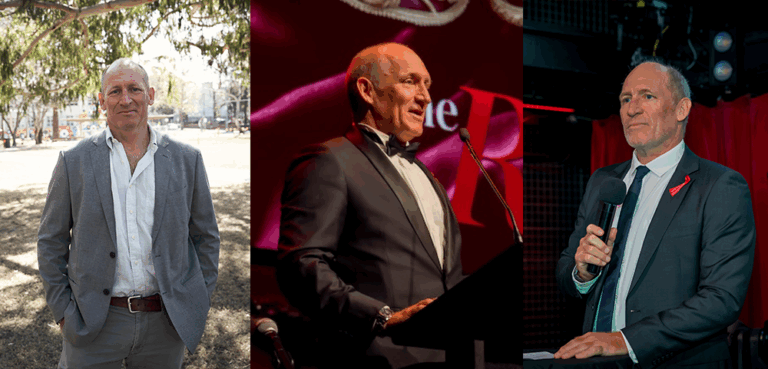
Full transcription: Irshad Manji interview
Full transcript of interview with Irshad Manji, conducted Tuesday 31 August, 2004.
TIM BENZIE: Other faiths have a tradition of questioning their beliefs, even debating meaning in their sacred texts. Why do you feel Islam has stopped?
IRSHAD MANJI: It’s not even so much why I feel it has. My research has led me to give this answer. Let me backtrack. The golden age of Islam was roughly between the ninth and eleventh centuries and during this time Islam embraced the idea of ijtihad -“ Islam’s lost tradition of independent thinking and independent reasoning -“ and in the early decades of Islam, thanks to the period ijtihad, 135 schools of thought flourished. Scholars in Muslim Spain would teach their students to abandon -˜expert opinion’ if their own conversations with the ambiguous Koran came up with better evidence for their ideas. And in Cordoba, probably the most sophisticated city in Muslim Spain, there were 70 libraries. Now that rivals the number of libraries in most cosmopolitan cities today. Islam had this a thousand years ago.
What happened was towards the end of the 11th century, the gates of ijtihad or the doors of independent thinking were deliberately slammed shut for political reasons. At this time, the fragile Muslim empire from Iraq in the East all the way to Spain in the west was experiencing a series of internal convulsions. Dissident denominations were popping up and declaring their own runaway governments. When one did that, another wanted to do that. The main Muslim leader at the time, known as the kalif, based in Baghdad, cracked down politically. He closed ranks. Within a few generations Baghdad oversaw the closing of the gates of ijtihad as a result.
What did that mean? It meant that the 135 schools of thought I just referred to where were whittled down to only four, pretty conservative schools of thought. Debate about the Koran diminished. Study of the Koran ceased. This led, not just to a pretty rigid reading of the Koran, but also to a series of legal opinions that we would now call fatwas, that scholars could no longer overturn or even question, but now, on pain of execution, only imitate.
For the next one thousand years, pretty much to this day, with some glorious exceptions (but really few exceptions) that’s what Muslim scholars have been doing. Imitating each other’s prejudices without much self reflection or introspection. It’s really the triumph of imitation over innovation that has contributed in great measure to the intellectual crisis in which Islam finds itself now.
In fact, innovation became such a problem that it was actually defined at this time as a crime. It was outlawed, it was defined as fitna, which is something that divides the Muslim community. Great way to build a future, don’t you think?
Obviously there are other reasons for why we have come to the point where we’re at now, the point of crisis. Political reasons, yes of course. Western colonialism, yes of course. The Israeli-Palestinian conflict and so on and so forth. But those are all the reasons that most Muslims like to speak about. But very few people, Muslims, will own up to, is that long before Western colonialism took off, and even longer before the state of Israel existed, and still longer before MTV hit the scene, Muslims have been bludgeoning each others freedoms and imposing marshal law.
That is the kind of honesty that I’m seeking to bring to light with this book. It doesn’t mean that I’m providing an objective or comprehensive history of Islam. No. What I’m trying to do it pull a pendulum that has swung very far in one direction and pull it towards a more balanced version of what has actually happened and why. And in that sense have provided a sample of the facts that have been lost in the present political polarisation.
TB: Have the events of September 11 made what you are trying to achieve easier, or harder?
IR: It’s a great question. If I had to choose between harder or easier I would put it this way: it’s less difficult. Easier? Not necessarily. But less difficult than it might otherwise be. Because quite apart from the fact that these issues are now more polarised than ever, more politicised than ever. And yes a certain degree of fear -“ Muslims feeling under siege. Feeling very defensive, therefore the assumption is [they’re] not quite as open to the idea of liberal reformation than they might otherwise be. Quite apart from all of that, the reality is that spaces have been created as a result of the general public’s interest in Islam now. Spaces have been created within the Muslim community to begin having discussions, dialogues and even debates about these issues.
Let me give you a quick example of what I mean. Immediately after my book came out in Canada, various journalists approached the self-appointed leaders of the Muslim communities to debate me. On camera, in radio studios and so forth. To a person, they all declined the invitation.
Three weeks after the book came out it hit number one on the bestseller list and it stayed there. And not so coincidentally, that same week that it hit number one, most of those who declined who the invitation to debate me came back to the journalists to say -˜now we’re ready’. What changed? What changed was these Muslim leaders figured that being the arbiters of all that is Islamically legitimate, that if they did not give my book their seal of approval, neither would the general public. What they underestimated is that the general public is now so hungry for honest conversation about these issues that they’re not seeking the permission of the Muslim establishment to have those conversations. With or without the establishment, these dialogues are going to happen anyway. And what the Muslim leaders realised was that is was now in their enlightened self-interest to get involved in these conversations. Which meant that there was more of an incentive within the Muslim communities in Canada to also begin having these dialogues. And not necessarily just because of my book but as a result of the opening of the cracks that has been forced because of viewpoints being publicly expressed like this, more television debates about these issues. Journalists now have somebody they can turn to, to provide that opposing perspective to the sanitised version that’s going on by the Muslim establishment and so on.
It seems to me, therefore, that anybody, Muslim or non-Muslim, who has an interest in seeing the liberal reformation of Islam get underway, also has a personal interest in stepping up to the plate and asking questions out loud. This is really my message for non-Muslims as it is for Muslims.
TB: You have said that change is not going to come from the clerics, but from the people. But surely there has to be some shift in the way clerics perceive their position and role, for such change to occur.
IR: I also pointed out that even before 9/11 I had been speaking at universities across North America, mostly about diversity, including gay and lesbian issues and I noticed that it was the youngest ones who would voluntarily emerge from the audiences afterwards. They’d gather around and start chatting excitedly among and then tepidly, but nonetheless surely walk over to me and say things like, Irshad, we need voices such as yours to help open up this faith of ours, because if it doesn’t open up, we’re leaving it.
And they did not have the clerics to turn to. They could not confide their struggles with the faith in their madressa teachers or their Mosque leaders or even their parents.
And the point that I made with that, with these clerics, many of them will never go to their grave acknowledging. It will nonetheless be told by people like me, that in order for Islam to have a humane and healthy tradition, it has got to open up. Otherwise we will see more and more Muslims, much like in the Catholic Church, become secular, leaving the faith and identifying only nominally as Muslims. And listen -“ I’m not against it -“ if that’s what their choice is, that’s fine. But let no cleric ever delude himself that somehow by hanging on to a calcified version of Islam, that this is good for the faith.
TB: Let’s talk about an example of how Islam is possibly shifting: the decision in August in Iran to allow gender-reassignment surgery. What are your thoughts on this? Is this as revolutionary as some are claiming?
IR: It’s a fascinating question because on the surface of course, you’d never think that the Islamic Republic of Iran, of all places, would allow for something like this. You won’t see that happen in Arab countries. You reason you can see that happen in Iran is that Iran is dominated by Shia Islam, and this is a minority sect within Islam. It’s the second biggest, but nonetheless it’s a minority sect. It’s heavily persecuted in the Arab world as well.
There are those who argue that the gates of ijtihad are mostly shut in the Sunni world, but not so much in the Shia world. (Now I take issue with that, but let’s put my own issues with that aside). The reality does remain that Shias have historically been the dissident voices in Islam. They were the ones who started various denominations of Islam that broke away from the mainstream, literalist interpretations. And as a result, within Shia Islam you have madressas [Islamic religious schools] that from time to time actually do allow women, that train women to be clerics -“ mostly as lay levels, but nonetheless, this is fairly inconceivable in the Sunni world. Therefore there’s a more fluid interpretation of Shia Islam of the Koran than there would be in the Sunni world.
There was a time when during the golden age of Islam when ijtihad reigned, when discussion salons were led by women. In those discussion salons all types of issue would be up for debate. [Like] what does the Koran say about the responsibilities of men and the responsibilities of women. Ah, but what is a man and what is a woman? And why, if there are rigid definitions of man and woman, why did God create hermaphrodites? These were questions that were debated a thousand years ago! It seems to be that in Iran, those kinds of issues are not completely off the table. Even in law, you can have a recognition that there are people who are created different [sic] and that we need to deal with their issues.
But that of course doesn’t mean in any way that Iran is progressive about GLBT issues. It is a practical reality that they have to deal with. But it nonetheless is true that this is something that at least is acknowledged in Iran, whereas in the Arab world, it’s not even a discussion point.
TB: What about the possible interpretation that allowing sex-change operations isn’t particularly radical, but merely shores up gender norms?
IR: That the motive is to calcify gender roles, or be in any way altruistic or compassionate? That’s true. My informed, not even assumption, but [based on] conversations with Iranians in the last several years, and Iranians across the ideological spectrum, highly suggest that it is a practical motive. Not a progressive one.
TB: Do you think that being a lesbian means your thoughts and ideas are more easily dismissed by conservative Muslims?
IR: I would be disingenuous to suggest otherwise. I’m sure it’s much easier to write me off because of my sexual orientation. Or because I’m a woman. Or because I have spiky hair. Or because I live in the West. But here’s the thing. Those who refuse to engage in introspection will find any weapon of mass distraction. If it isn’t my sexual orientation it’s something else. And you know how we know that? The single most popular personal attack I get from fellow Muslims, and there are thoughtful responses to the book as well -“ but the single most populous personal attack has nothing to do with my sexual orientation. Has nothing to do with my gender, nothing to do with where I live. It is the accusation that I am a Jew, that I am a converted Jew, that I am a closeted Jew -¦ Oh yeah. And this is from educated, often self-described -˜progressive Muslims’ and not just from the illiterate irrational types. In fact the issue of sexuality, while it does come up from time to time, by comparison to the Jewish thing, is pretty rare.
I have to make peace with the fact that just by going public with these viewpoints, there are those who will try to discredit it, using any excuse they can find. The best that I can do is have a sense of humour about it -¦ That shekels don’t buy you nearly as much as you might think they do these days. And then to try to bring some logic to the argument.
But it boggles my mind -“ if I can just push the point a little further, that so many Muslims still resort to anti-Semitism, in order to counter my point that anti-Semitism runs deep within the religion today. That’s how irrational it is.
At a certain point I have to just acknowledge to myself that no matter who I am, whatever my agglomeration of labels and identities, there are those who will find any way to undermine me -¦
For all of the dismissals, I do hear from a lot of young Muslims who say to me like -¦ it’s especially refreshing to hear a lesbian saying what you’re saying. I’m trying to remember the words here: Who better to enlighten the Muslims, given that fanatics have declared war on happiness and freedom and rationality and reason. Everything that you are -“ including a being lesbian -“ stands up to that in a huge way. And I hear this more often than I ever expected I would -¦ Again, taking a little bit of strength from what seems to be a real generation gap.
TB: Does the pressure ever get to you? The hostile emails and feedback?
IR: There was a time, not so long ago, when I had to bury my face in my hands and have a good cry. And beseech my Creator to give me the maturity to deal with the hostility that comes my way. Not just in emails but obviously at public events. I’m less influenced by that hostility now -“ I think in part because I really am maturing into the world. And I don’t quite feel the need to be defensive, to be right all the time, to prove my point. As mundane as it sounds, it’s because this kind of work takes stamina and I realise just how exhausted I am. I’m working with my fatigue rather than against it -¦ Emotionally I feel like I’m much stronger today than I was two or three months after the release of the book.
Michelle is dealing with it brilliantly. It has had a huge impact on our relationship, to be honest. It was touch and go there for a while. It wasn’t at all clear we would make it. When we got together six years ago, it’s not like she signed up for a relationship which would require bulletproof windows and a state-of-the-art security system at home. But here’s something you might be interested to know about Michelle, and this very much plays into her own strength about all of this.
She’s the woman who in the late 80s early 90s got kicked out of the Canadian military for being a lesbian. She sued and she won and her case singlehandedly overturned the ban on gays and lesbians serving openly in the Canadian military. Her case had ripple effects in the US and the UK. I bring this up because Michelle knows the value of fighting the good fight. Her circumstances were somewhat different. She had lawyers arguing her case for her. I got me, arguing my case, for me. But the point is, she loves being part of something bigger than herself. For all of the risk and for all of the fear that this kind of work sometimes brings into her life, the positives easily outweigh the negatives. Now we simply have to find a way to spend more time together. That may actually be the bigger issue at this point.
